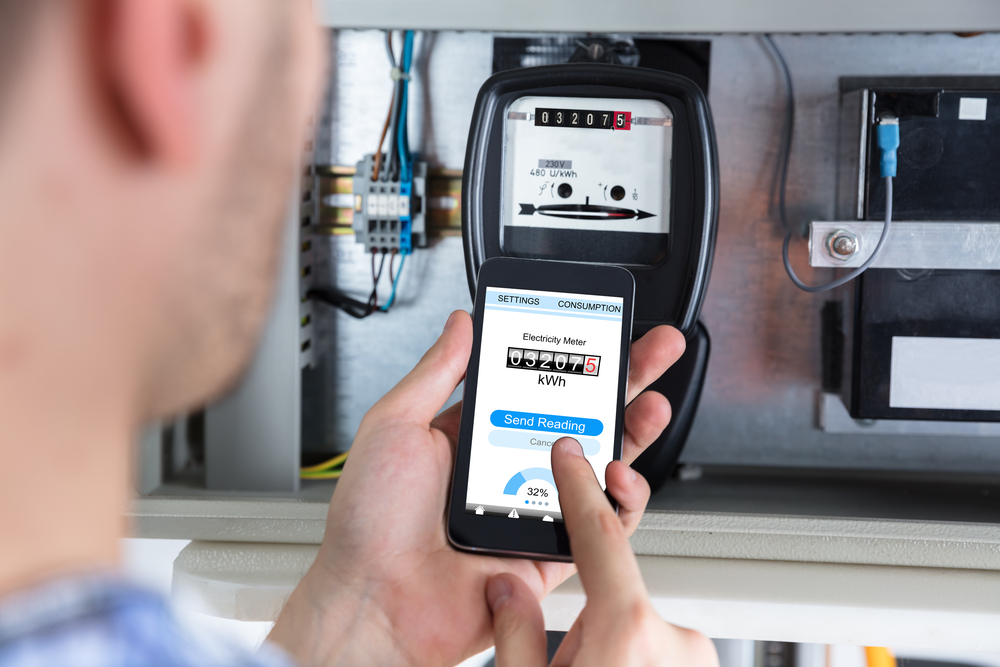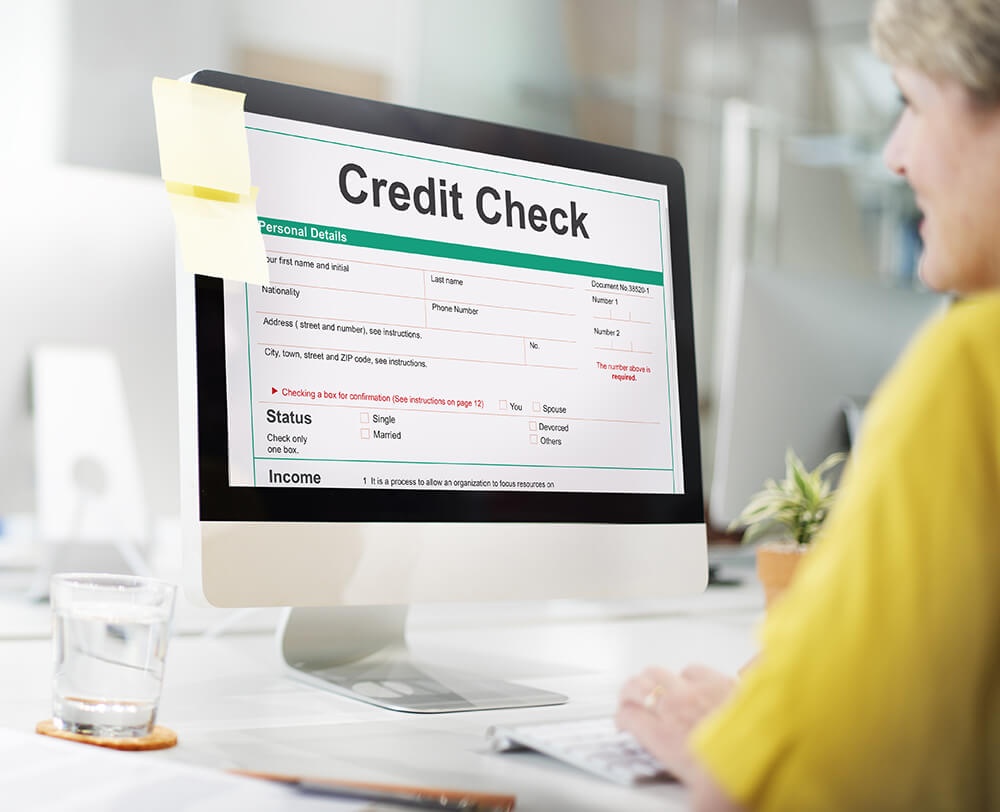The one-word answer to this question is ‘yes’, but it’s important to note that this will increase the amount you borrow – and the amount of interest you’ll have to pay overall.
If you want to save money in the long run, the best option is to pay stamp duty upfront when purchasing your home. In this article, we’ll explore what stamp duty is, how much it is, and how you can pay it.
What is stamp duty?
Stamp duty, also known as Stamp Duty Land Tax (SDLT), is a tax you pay when purchasing a residential property or land worth over £125,000, in England and Northern Ireland.
It works differently in Scotland and Wales. In Scotland, you pay Land and Buildings Transaction Tax and in Wales, you pay Land Transaction Tax.
How much is stamp duty?
On 1st October 2021, the stamp duty holiday ended, which means anyone buying a home over £125,000 will now pay stamp duty at a rate of 2% or more on their property. The tax increases with the value of your home. Here are the stamp duty bands:
- £0 - £125,000 – 0%
- £125,001 - £250,000 – 2%
- £250,001 - £925,000 – 5%
- £925,001 - £1.5million – 10%
- Over £1.5million – 12%
There’s also a Stamp Duty Land Tax surcharge on top of this, for those who are buying a second home worth £40,000 or more.
Do first-time buyers pay stamp duty?
First-time buyers don't pay stamp duty on properties worth up to £300,000. If you buy a property over £300,000, but less than £500,000, there’s no need to pay stamp duty on the first £300,000. If the property you buy is over half a million pounds, you won't qualify for the first-time buyer relief, so you’ll have to pay the standard stamp duty rates.
When do you pay stamp duty?
The full stamp duty amount is due within 14 days of the completion date. HMRC may fine you if you fail to make the payment, so it’s always a good idea to get this paid as soon as possible.
How to pay stamp duty
There are a number of ways you can pay your stamp duty, so let’s take a look at all your options:
Pay a lump sum to your solicitor or HMRC
If you’re using a solicitor or conveyancer to help with the purchase of your new home, you can pay the stamp duty directly to them and they’ll deal with it all for you. It’ll still be your responsibility to make sure it’s all paid on time though. So, if you prefer not to leave it in the hands of someone else, you can choose to pay HMRC directly.
Add stamp duty to your mortgage
Adding stamp duty to your mortgage increases the amount you need to borrow, which means you’ll pay more interest to your lender – and it’ll impact your loan-to-value (LTV), too.
LTV is the amount you borrow against the value of your home. For example, if you pay a 20% deposit on a property valued at £295,000, you’ll need to borrow the remaining 80% (£236,000). This percentage is your LTV.
So, if you add stamp duty to this purchase (£4,750), your LTV will go up from £236,000 to £240,750. This could have a costly impact, as it’ll increase the amount of interest you pay in total, and your monthly repayments will be higher.
Plus, the more you borrow, the more of a risk it is to a lender, so you could face higher interest rates too.
Can I pay stamp duty in instalments?
Unfortunately, you can’t pay stamp duty in instalments. It must be paid in full.
Can you pay stamp duty on a credit card?
In 2018, a law was introduced to stop HMRC from accepting credit card payments for stamp duty. This was put in place to prevent homebuyers from getting into financial difficulty. With all the costs involved when moving home – legal fees, deposits, surveys – the last thing you need is a credit card bill, so this is probably a good move from the government.
If you're in a position where you’ve saved enough to put down a deposit, it’ll certainly be worth saving a bit extra to pay for stamp duty as a lump sum. As we’ve discovered, it’ll help reduce the amount of interest you pay and decrease your monthly repayments too.
Adele is a personal finance writer with more than 10 years in the finance industry behind her. She writes clear and engaging guides on all things loans for Ocean, as well as contributing blogs to help people understand their options when it comes to money.
![Email icon]()
Become a money maestro!
Sign up for tips on how to improve your credit score, offers and deals to help you save money, exclusive competitions and exciting products!
Find this useful? Share it with others!









